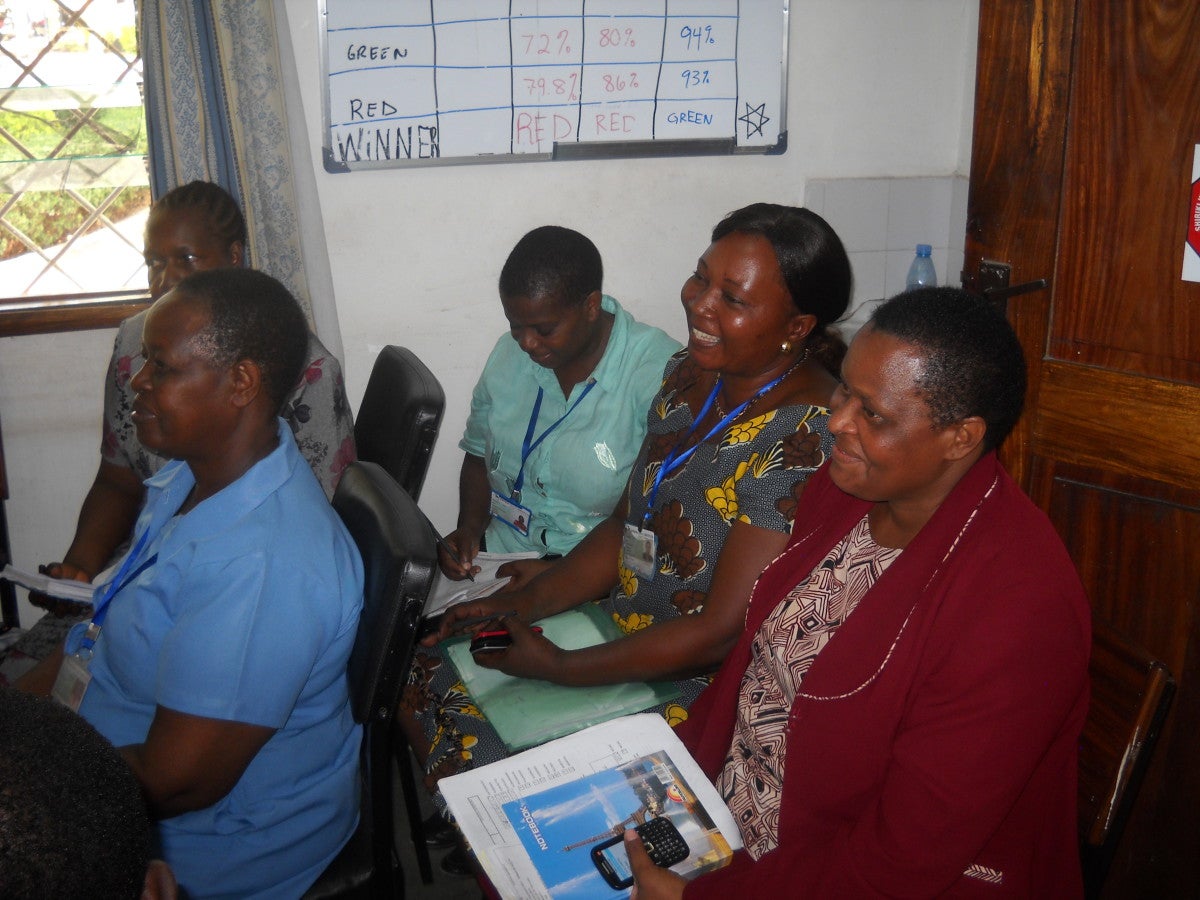The Tanzania Infectious Disease Research Training Program builds upon a longstanding relationship between the Harvard School of Public Health (HSPH) and Muhimbili University Health and Allied Sciences (MUHAS). Over the past twenty plus years, this partnership has contributed significantly to training and research capacity in Tanzania.
The Global Infectious Disease Research Training (GID) Program, sponsored by the National Institute of Health’s (NIH) Fogarty International Center program, builds research capacity related to infectious diseases that are endemic in developing countries. The projects funded feature a variety of training options tailored to match the needs of the host country institutions. In the spring of 2014 HSPH received a renewal five-year award to support an ongoing collaboration with MUHAS. Please see a brief NIH write-up pertaining to this program: http://www.fic.nih.gov/News/Pages/2014-global-infectious-disease-awards.aspx
The goal of this Tanzania Infectious Disease Research Training Program is to develop skilled researchers in Tanzania in the area of pediatric infectious diseases and nutrition. The training program provides research training to public health leaders in epidemiological, operations and health services, laboratory, and clinical areas, with a focus on childhood diarrheal diseases and acute respiratory infections. This program harnesses scientific knowledge and skills to enhance prevention, treatment and control of pediatric infectious diseases causing major morbidity and mortality in Tanzania. The training program will develop a cadre of skilled public health professionals and facilitate sustainable capacity in pediatric infectious disease and nutrition research in Tanzania.
The current program is structured to provide a balance of short-, medium-and long-term training opportunities in Boston and Tanzania for participants from Tanzania. The principle strategies are: year-long postdoctoral training, short-term postdoctoral training, intensive short courses, and symposia. In total the program will train 5 year-long postdoctoral fellows in Boston, 15 short-term postdoctoral fellows at HSPH with continued mentoring over the subsequent two years in Dar es Salaam, and provide short course instruction to many individuals. Additionally hundreds will be reached through the annual symposia.
Trainees will benefit from exposure to the ongoing collaboration with Tanzanian institutions including epidemiological and laboratory studies, clinical trials, and operations research programs. These activities will provide unique training opportunities for study design and implementation, data analysis and career advancement. Deliverables include manuscript development and the development of sound research proposals. Research findings will be disseminated to health care providers, policy makers, students and faculty at academic institutions, and the broader scientific community via an annual symposium in Dar es Salaam.
Harvard and Muhimbili faculty with extensive experience in pediatric infectious disease and nutrition research will mentor trainees throughout the program. A Training Advisory Group evaluates ongoing research progress, and an Executive Committee is charged with program oversight.




